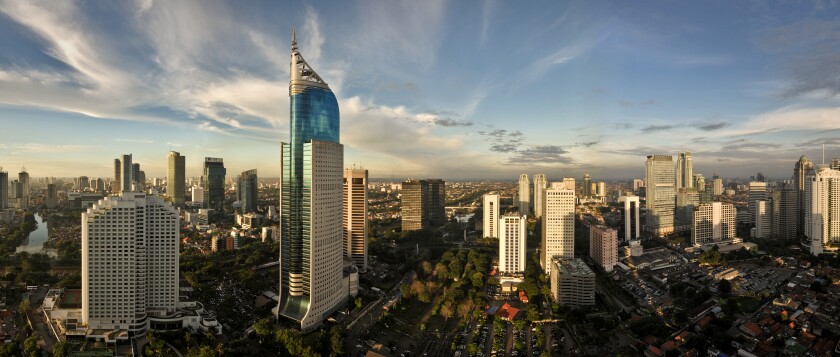BNI, PLN eye new loans amid Indo deal pick-up

Appetite likely to be strong as lenders look to put their money to use in quiet market
Unlock this article.
The content you are trying to view is exclusive to our subscribers.
To unlock this article:
- ✔ 4,000 annual insights
- ✔ 700+ notes and long-form analyses
- ✔ 4 capital markets databases
- ✔ Daily newsletters across markets and asset classes
- ✔ 2 weekly podcasts
